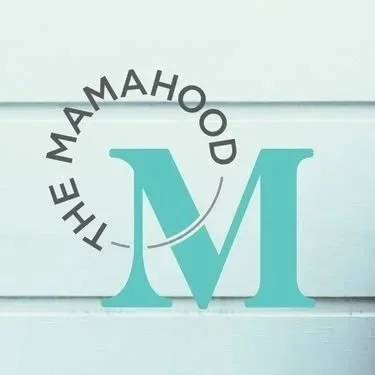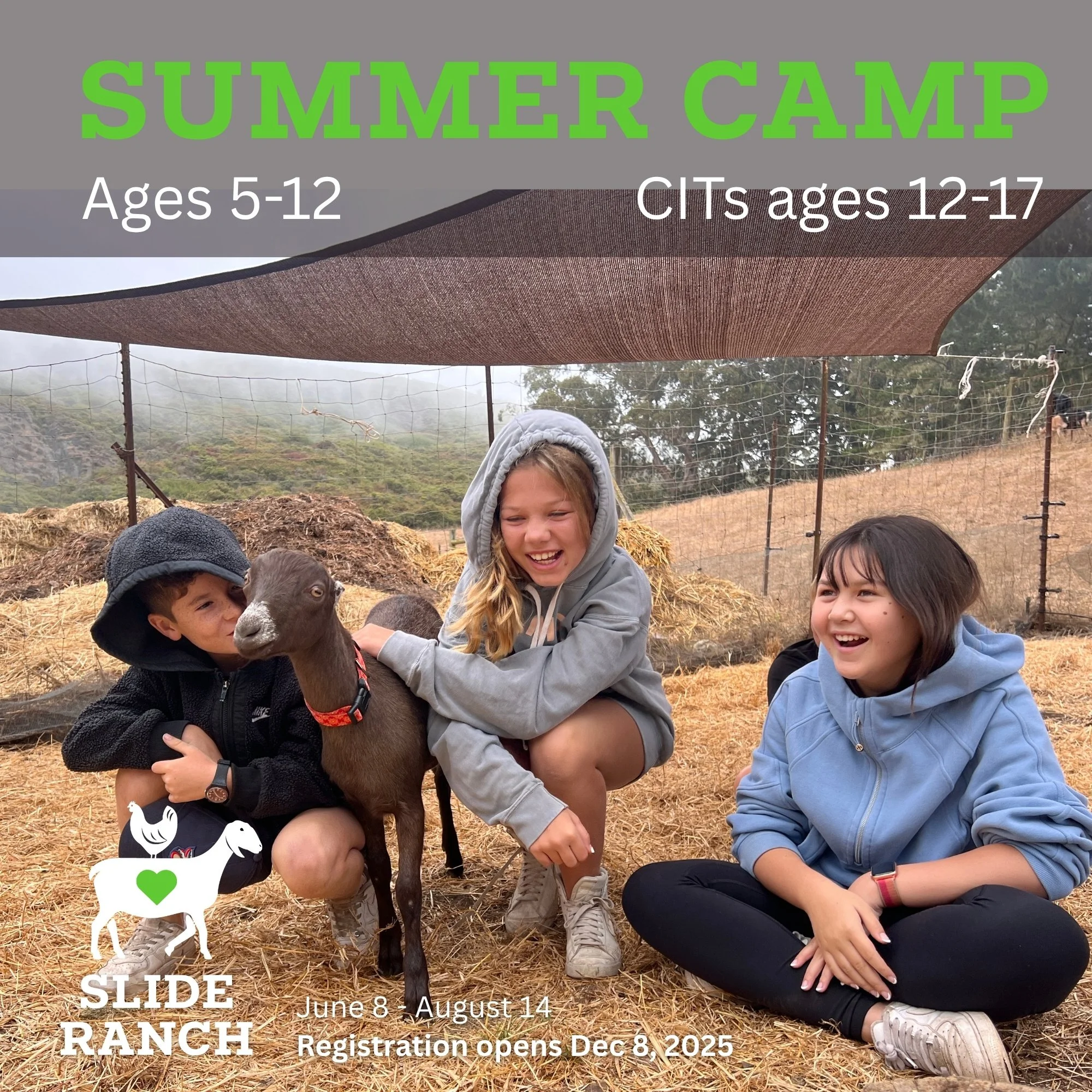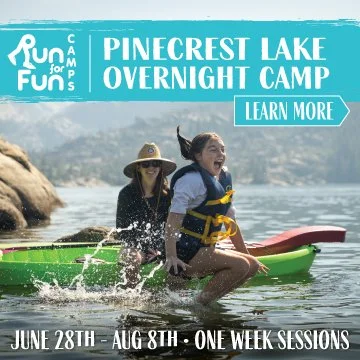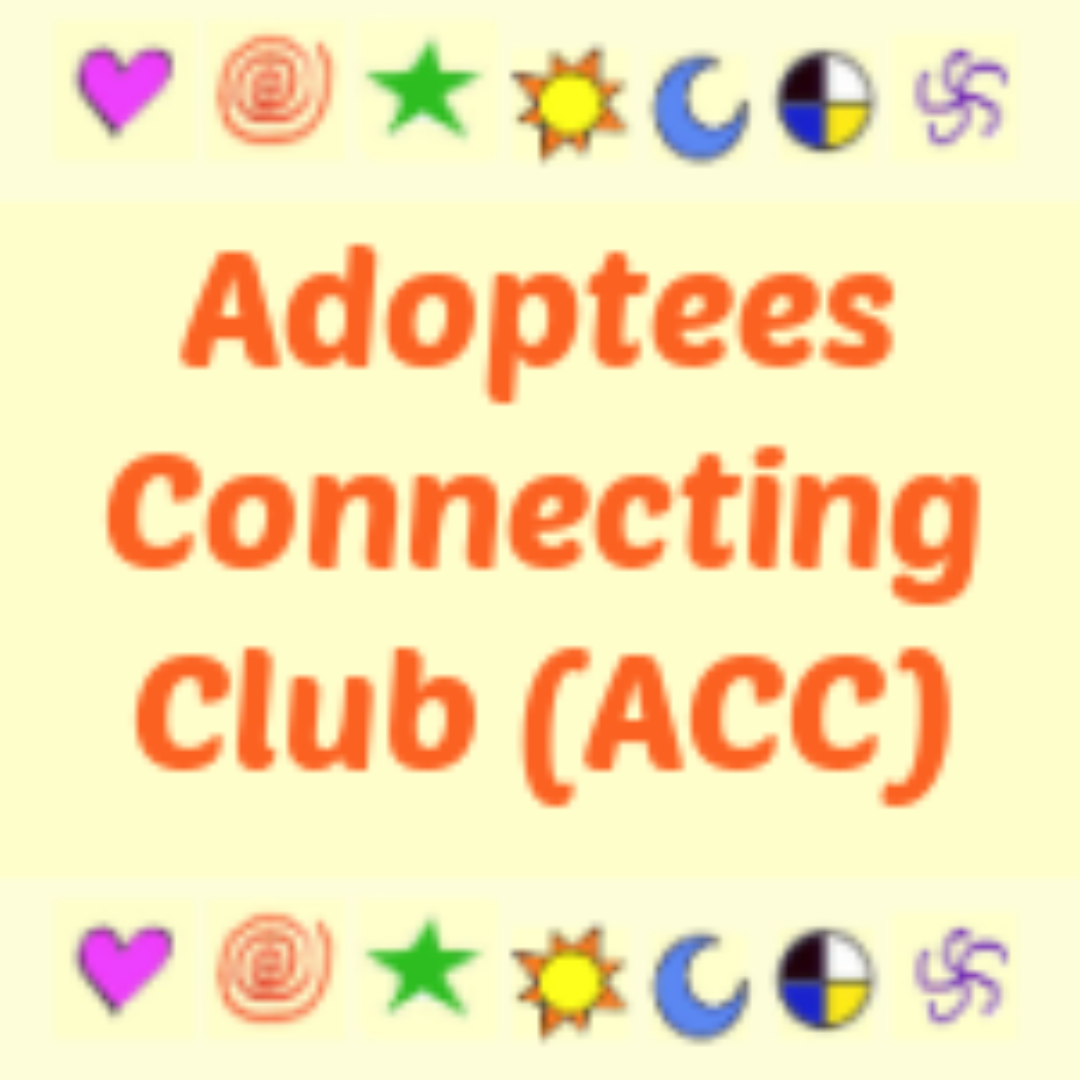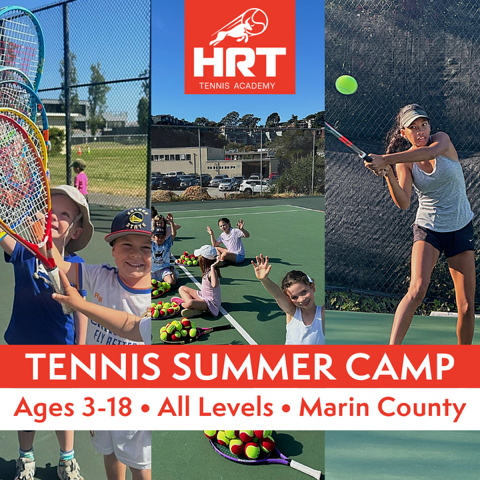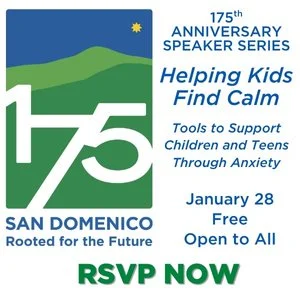Kronos Festival 2017: Here & Now @ SFJAZZ
/My guest today is David Harrington. David is the founder and violinist of the San Francisco based Grammy winning string quartet the Kronos Quartet. For nearly 45 years, the Kronos Quartet has performed thousands of concerts worldwide, commissioned more than 900 works, collaborated with many of the world's most accomplished composers and performers. They’ve released over 60 recordings and film soundtracks as well as mentoring young artists and more. David, thank you for joining me.
David Harrington: It’s my pleasure.
I want to start with the upcoming Kronos Festival 2017: Here & Now this February 2nd-4th at the SFJAZZ Center in San Francisco and especially the Family Concert, “Around the World with Kronos”. Can you tell me more about this festival?
DH: Yes, the Kronos Festival: Here & Now is going to be celebrating music and performers around the Bay Area. We really wanted to focus on work that is very recent and written and performed by our friends and composers from this area.
And family concerts, specifically, is one of my favorite concerts that we play. A lot of times on tour we notice when we are doing sound check that parents will bring their kids and sometimes we play in schools. We began to notice we don’t do that as much at home. So the last few years we’ve been doing family concerts as part of our festival and I love it when parents bring their kids so we can talk to them during the concert and after the concert. What we try to do is make a concert, about an hour long, it moves by quickly. There’s generally music from most of the continents and many different cultures. It’s great when concerts bring families together and that’s what this is all about.
How are you hoping will this resonate with families? What is it you hope for families to take away from this concert?
DH: The music is fun, it’s varied, there’s all kinds of music and sounds that can be made on instruments. And I think celebrating work that is handmade, that’s what we’re doing. And we’re trying to give our audiences what it’s like to be in Kronos. So, each of us will have a solo, probably there will be fast music, slow music, sad music, happy music. All kinds of things like that.
Can you tell me more about your background in music leading up to when The Kronos Quartet was formed in 1973.
DH: Yeah, I started playing in quartets when I was 12. I started playing contemporary music when I was 15. I was just very lucky because there was music in the public school that I went to. The Seattle Youth Symphony was a wonderful resource. I got to know all kinds of musicians. When I first heard string quartet music at age 12 all I had to do is call up three members of the Seattle Youth Symphony and check out some music out of the public library. We were able just following what we heard on the record. Ever since than I felt that I wanted to try to make that kind of experience available for others. If our concerts can encourage young players and composers, than that’s exactly what we’re hoping for.
So I want to go back to your beginnings. What were you like as a kid? When did you start playing the violin. About your parents and your school and how supportive they were towards your musical education?
DH: My parents rented me an instrument. I didn’t come from a family of musicians but my parents were very supportive. I had private lessons shortly after that and just tried to get as many musical experiences as I possibly could. As a teenager, the thing I loved to do the most was go to concerts and play string quartet music. I'd always would get there before everybody else and I’d sit in the front row. Wanting to be where the action was is something that I tended to be attracted to. Being curious about the world of music is something that I always felt. I realized how big the world of music truly is and how varied and how unbelievably rich and inviting. I felt the desire to connect the string quartet as an art form with as many of the most amazing traditions of music from around the world. That’s something we spend a lot of our energy and time trying to accomplish in Kronos.
That’s really encouraging because my daughter is following a similar path. She started playing the flute in 5th grade and thanks to organizations that support the arts in our schools, in our area it’s Kiddo!, and also her amazing teacher, Mr. Carnahan and tutor, Rhonda Bradetich and she is also in the Marin Youth Symphony playing with the violinist Midori in Orch'apalooza on January 29th at the Marin Civic Center. So I want to keep encouraging her with this passion in music. I was wondering if you have any encouraging words or advice for her and her young orchestra mates and perhaps to parents like myself to keep encouraging her along this path?
DH: So blanket advice is not something I feel comfortable about giving, but I think one thing to be sure of is that there be available as many different kinds of music and art. Not only just music but paintings and sculptures and dance and fabrics. Things that people make and the result of our imaginations is an opportunity to experience those sorts of celebrations of creativity. I think that's a very good thing for all of us and especially for the youngest members of our society.
How did you come up with the name Kronos (Quartet)?
DH: In October of 1973, we realized we had our first concert in November and we didn’t have a name. So what we did is we got out our Greek and Roman Mythological Dictionary and a bottle of wine and a great big piece of paper and started writing down our favorite gods and goddess names and found P-h-r-o-n-o-s. I like the idea of time and timeliness but I felt it should start with a “K”. Only years later did I find out that was a different god and all that but anyway, that’s how we came up with the name.
Now that you look back at your amazing career in music, what would you say is the crown jewel of your professional career?
DH: Well, I feel Kronos has been really fortunate. There’s been a lot of jewels in whatever crown we are wearing and there’s lots of shining lights coming from whatever crown we might be apart of. It would be real hard to focus in on one experience. To have some of the composers that we’ve worked with and have them join us in rehearsals, and to be learning from some of the most creative people in our world, that has always been very important to me. I think music is continually a learning experience and nobody can say that they’re the best at anything. There’s always somebody that can do something better. That person might be very young or very old. You can learn new things all the time. And I guess, now that I think about it, the crown jewel in our career is the fact that in a couple of minutes I’m going to go to a rehearsal and the intensity of desire to make Kronos more vital, more in tune, and more together is as strong today as it was in 1973. So to me that’s the crown jewel.
Now that Kronos Quartet has been around for over 40 years, what do you think your most important contribution to music?
DH: Well, we’ve tried to ensure that our art form, the string quartet, two violins, a viola, and a cello, can travel comfortably around the world of music. I mean, virtually anything you can thing of that is fun and exciting and expressive and wonderful, that’s the kind of work I want Kronos to be apart of. We’ve been working on that every day for all these years. And in the process I believe we’ve tried to take the preciousness out of what a string quartet concert might be. We’ve tried to bring elements that we find important to consider into our concerts. I feel that every concert we’ve ever played, every experience we’ve ever made, is an anti-war, anti-violence experience. I think people of every culture, that I’m aware of, celebrate life through music. To me, it is important that our concerts reflect that as much as possible.
I’m very proud of the fact that at this point there are as many women composers writing for Kronos as men composers. And it’s taken many many years to accomplish that. I’m very proud of the fact that our “Pieces of Africa” album was the first album of African string quartet music. I’m very proud of the performance that we’re able to do of “Black Angels” by George Crumb. So, we try to make concerts really as vital and exciting as we possibly can and bring in all kinds of elements of lighting and sonic reinforcements and all sorts of variety. Those are the things we have accomplished so far.
Yeah, it’s funny you should say that. I imagine what's happening in the world greatly affects your music. It certainly affects me and everyone I know. You said in an interview, "I think everything is personal. Everything is also political, in that every decision you make expresses something of how you want the world to be." In today's current political climate, how is the Kronos Quartet interpreting this.
DH: Well, if anything I’ve tripled, quadrupled, quintupled my search for the most incredible music we can find. I think the focus on work that cuts through all sorts of distraction is incredibly important and I think that by bringing voices of wisdom into our concerts, I’m hoping there will be a ripple effect. And that’s what I’m looking for. And you can find musical wisdom in a lot of places. It’s not just dead white guys from Europe in the 18-19 century. And so I think that search is something that’s even more important right now. More than ever.
Finally, I like to end with what are you working on now?
We’re putting everything together for our festival that is happening in two weeks. And I neglected to mention that we have this program called 50 for the Future. 50 for the Future, is, We’re right in the middle of it now, in fact in the third year of it. Over 5 years We’re attempting to create a body of contemporary string quartet work that will be available for free, online to players all over the world. So you can download any of these pieces, anytime of the day or night and you can learn to play them in your quartet whereever you are in the world. You can look at them now. They’re on our website, you can see and listen to interviews with each of the composers. We're trying to make a body of work learning repertoire that will allow other musicians into the kind of work that Kronos does.
You can meet David and the Kronos Quartet at the Kronos Festival 2017: Here & Now on February 2nd-4th at the SFJAZZ Center in San Francisco. For more information visit sfjazz.org or kronosquartet.org/kronos-festival-2017 Thank you so much David.
DH: It’s my pleasure.
KRONOS FESTIVAL 2017: Here and Now
SFJAZZ Center (201 Franklin Street, San Francisco, California)
Click the concert titles below to learn more and view full programs
THURSDAY, FEBRUARY 2, 2017
Opening Night / “The Sun Rises”
7:30 PM | Robert N. Miner Auditorium
Kronos Quartet with Mahsa Vahdat, San Francisco Girls Chorus, and students from Ruth Asawa San Francisco School of the Arts (SOTA)
Tickets: $20-$65 / Reserved seating // Buy tickets >
FRIDAY, FEBRUARY 3, 2017
Day 2 / “Carrying the Past”
7:30 PM | Robert N. Miner Auditorium
Kronos Quartet with Van Dyke Parks, Soo Yeon Lyuh, and special appearance by SOTA’s Dragon String Quartet
Tickets: $20-$65 / Reserved seating // Buy tickets >
SATURDAY, FEBRUARY 4, 2017
Family Concert / “Around the World with Kronos”
11:00 AM | Robert N. Miner Auditorium
Kronos Quartet with students from SOTA’s World Music program
Tickets: $10 youth (16 and under), $15 adults / General Admission // Buy tickets >
“Persian Dances:” Music of Sahba Aminikia
2:00 PM | Joe Henderson Lab
Amaranth Quartet, Delphi Trio, and Mobius Trio
Tickets: $20 / General Admission // Buy tickets >
Thalea String Quartet Plays Kronos’ Fifty for the Future
5:00 PM | Joe Henderson Lab
Tickets: $20 / General Admission // Buy tickets >
Day 3 / “The Odyssey”
7:30 PM | Robert N. Miner Auditorium
Kronos Quartet with Vân-Ánh Võ, and special appearance by The Living Earth Show
Tickets: $20-$65 / Reserved seating // Buy tickets >
Explore the music of the festival’s guest artists, composers and songwriters on Spotify or YouTube.



